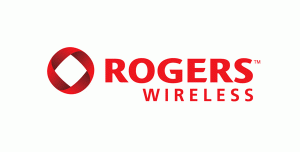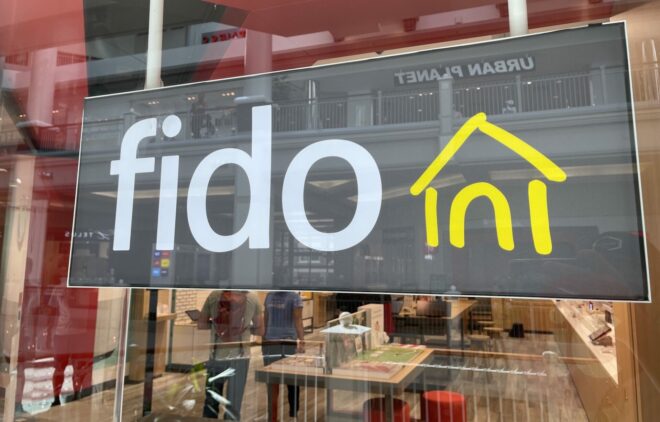
Rogers vs Ontario: Tax Battle Ensues Over $24 Million Private Jet Purchase
Eight years ago, Rogers purchased a $24 million US private jet from Bombardier, most likely to allow their executives to travel quickly and conveniently in the skies.
Four years after the purchase, Ontario tax officials told Rogers it owed over $2 million in retail sales tax on the transaction, along with $665,198 in interest.

According to the Globe and Mail, Rogers paid the outstanding bill, but launched an appeal with the Ontario Superior Court of Justice in 2014, claiming the tax assessment–based on an audit of the company’s financials in 2010–was inaccurate:
The dispute, detailed in court documents, is over whether Rogers acquired the jet for resale purposes, in which case the company says retail sales taxes should not be imposed.
When the company took possession of the aircraft in December, 2006, it immediately signed a lease agreement with Skyservice Aviation Inc., which brought the plane from Dorval, Que., to its new home base at the Toronto Pearson International Airport. (The ministry notes in its court filing that retail sales tax applies to tangible personal property purchased outside Ontario at the time the property is brought into Ontario.)
Rogers committed to pay Skyservice for a minimum of 300 flight hours a year, or 25 hours a month, at a cost of $5,700 an hour. The aircraft typically flew 400 hours a year and Rogers also had a right of first refusal on the 100 hours that exceeded the 300-hour minimum.
The agreement with Skyservice meant the latter was responsible for maintenance costs, repairs, insurance and use of the jet.
Rogers argues it was not the primary user for private charters as “it was always intended that that the aircraft would also be chartered and available for charter by Skyservice to the general public.”
The appeal continued to state “Rogers acquired the aircraft for resale purposes (i.e., to lease it to Skyservice), therefore, there is no basis to impose [retail sales tax] on Rogers and the [tax] assessment should be vacated.”
The Ontario Ministry of Finance believes otherwise, saying “The Minister submits that the aircraft was not acquired for resale, but rather acquired by Rogers for its own use,” based on the company’s commitments in the lease agreement, which gave the wireless carrier total control of the plane.
The appeal is still ongoing and before the courts. Rogers told the Globe it paid the tax bill, but is challenging the assessment.

